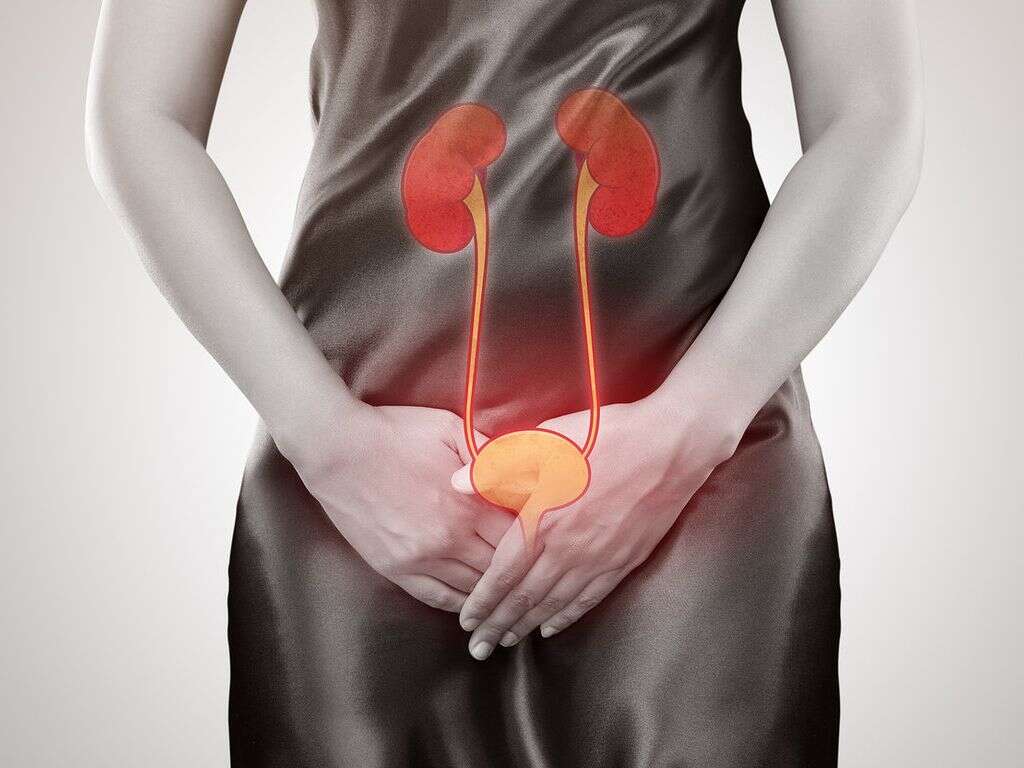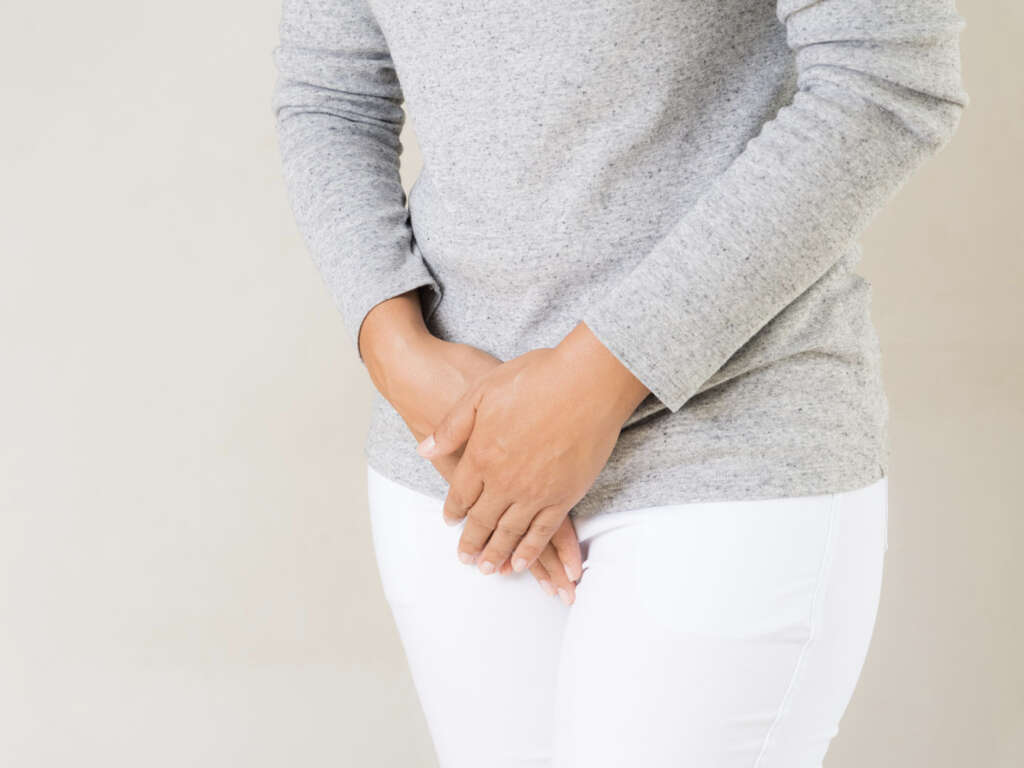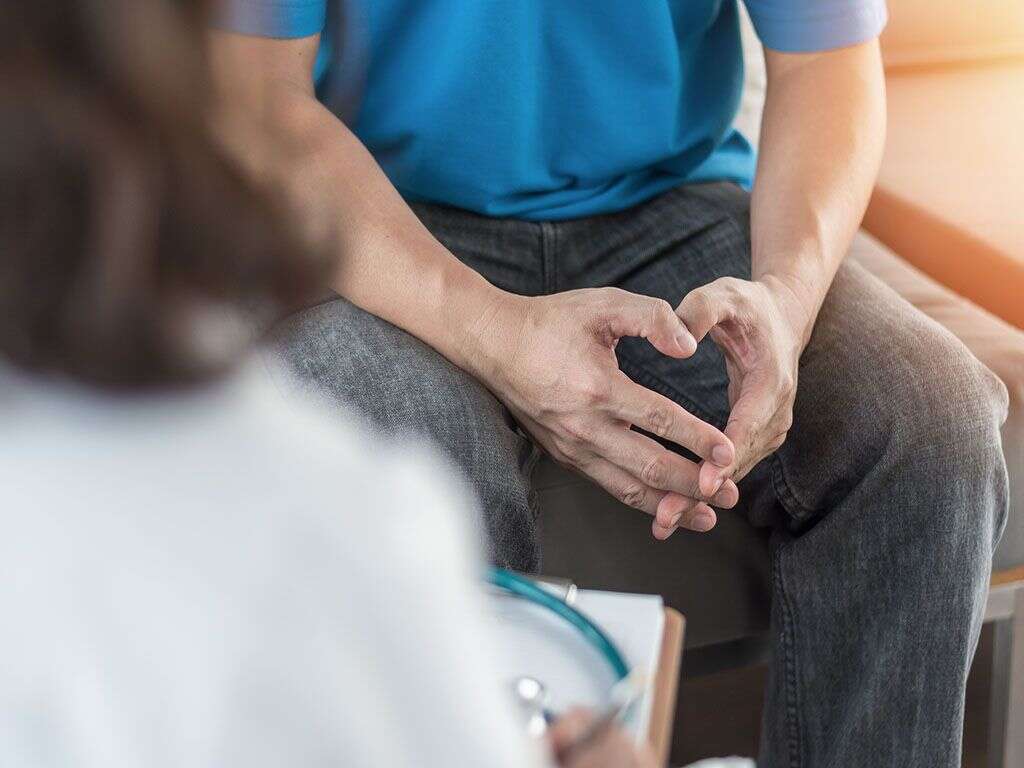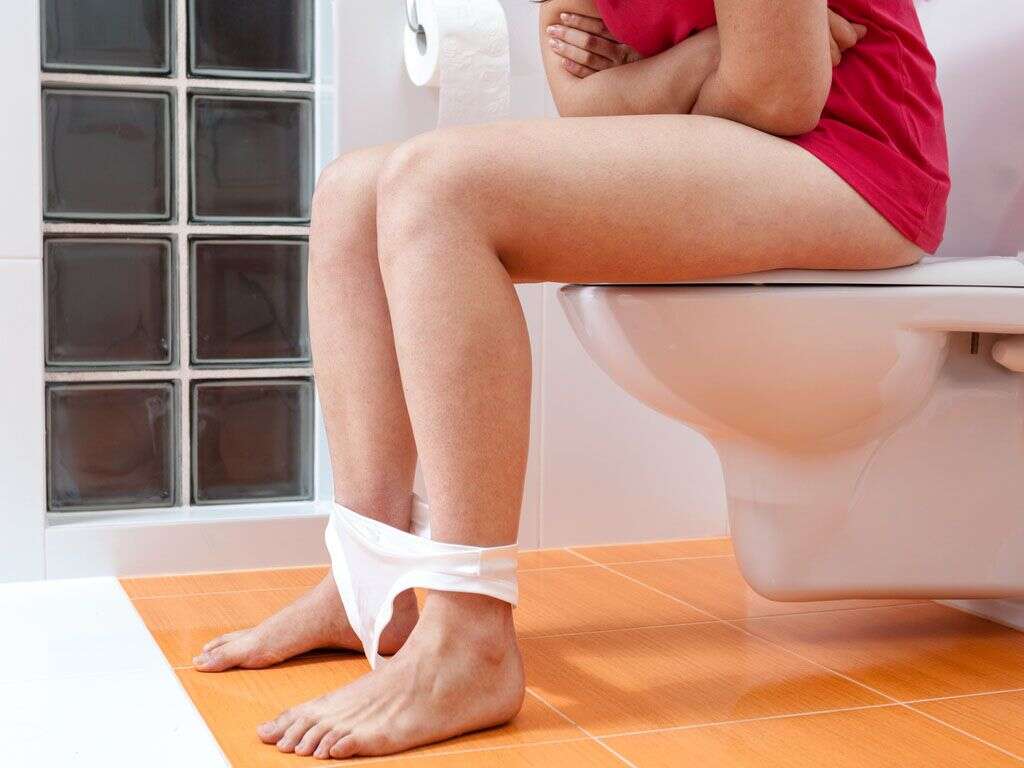What Is Paruresis?
Paruresis is commonly referred to as shy bladder syndrome. This disorder presents as a fear or inability to use the bathroom when other people are present. Generally considered an anxiety disorder, paruresis can have a significant and detrimental effect on those who suffer from the disorder. Despite the problem affecting nearly 20 million people in the United States alone, sufferers tend to feel isolated in social situations. The unease patients feel can lead to overcompensation, with many choosing to avoid travel, parties, work gatherings.
As you can probably tell, shy bladder syndrome can severely limit a person’s personal and professional relationships. The unfortunate truth of this disorder is that it is actually highly treatable, but too many sufferers refrain from discussing their condition out of embarrassment or shame. Therefore, to alleviate some of the negative connotations, it is necessary to take a deep-dive into paruresis FAQs.
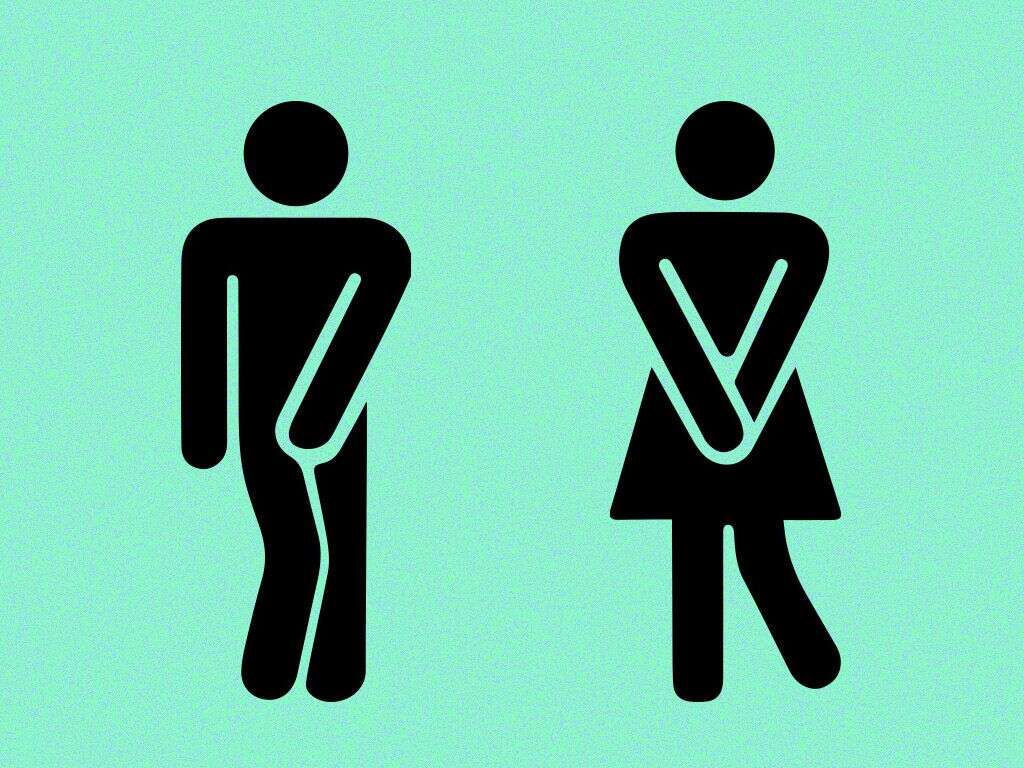
1. What Are the Causes of Paruresis?
Unlike other medical conditions, shy bladder syndrome is not caused by infection or disease. Instead, it is classified as a social phobia with ties to anxiety and fear. However, the causes are more psychological than physical. True, the disorder presents physically with patients finding it difficult or impossible to use the bathroom in public, but the physical is brought about by the psychological. Doctors have linked paruresis to three possible contributors: genetic predisposition to anxiety, physiological history and environmental factors.
While two of the above factors — physiology and environment — seem to suggest medical conditions, but they are more representative of psychological trauma. For example, a patient who has experienced medical conditions that led to difficulty urinating may continue to struggle even after the condition has cleared up. Also, while environmental factors tend to relate to pollutants, in reference to shy bladder syndrome, it is more about psychological trauma associated with using the restroom.

2. What Are the Common Symptoms?
As a psychological problem, people suffering from shy bladder syndrome will typically share some characteristics. The main symptom of paruresis is the fear of urinating around others, which includes in public restrooms and even at home. In severe situations, a patient may try to force themselves to use the bathroom, but often they can’t. Due to the difficulty of using the toilet, many people suffering from shy bladder will change their behaviors and routines to compensate. For example, avoiding social events is common. Also, they may go home during breaks in their schedule to urinate before returning to work or other activities.
If you suffer from paruresis, it is possible that you try to use the bathroom frequently at home to avoid the need while out. However, as debilitating to socializing as these behaviors can be, one habit that is commonly adopted by shy bladder sufferers is drinking less, which is dangerous to your physical health.

3. Is Paruresis a Rare Condition?
Paruresis is not a rare condition, and it affects nearly 20 million Americans alone. Unfortunately, the disorder can have an isolating effect, as most social anxieties do. Shy bladder syndrome can lead to unwarranted feelings of embarrassment and shame, which can then lead to fear and anxiety when out in public. These feelings aren’t only reserved for public settings, some sufferers experience discomfort in their own homes, around family.
Unfortunately, fear and anxiety, in combination, create feelings of disinterest in socializing. Also, because of the phobia associated with the disorder, people aren’t as open as they would be if they suffered from a physical condition. Without communication, too many people remain isolated, thinking that they are one among the few instead of the many.
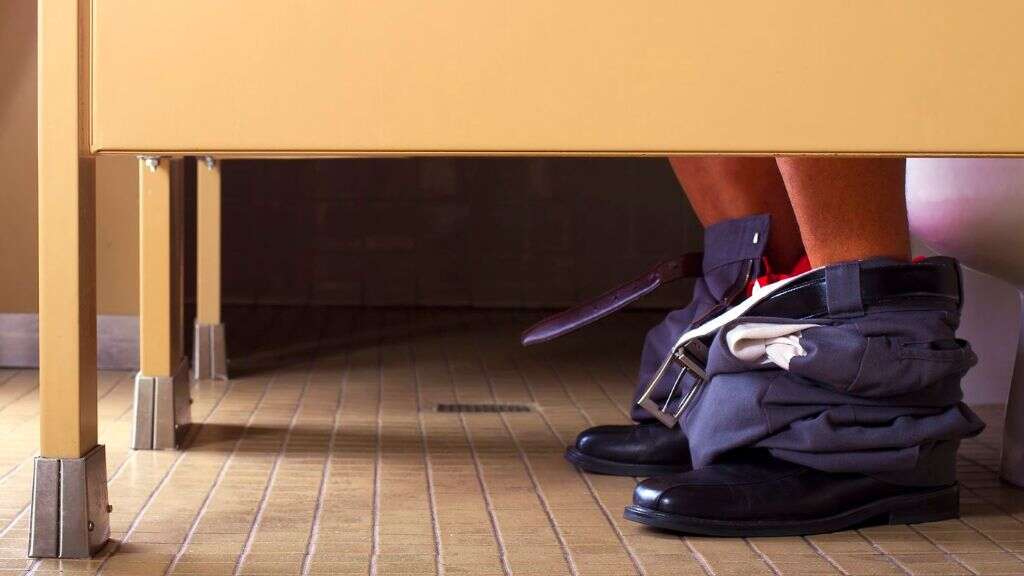
4. How Is Shy Bladder Syndrome Diagnosed?
Diagnosis of paruresis will typically require a visit to a urologist. While you may be confident that your symptoms are psychological in nature, it is always beneficial to get examined and rule out physical ailments. The doctor will need to perform a variety of tests to make sure that your difficulty urinating is not caused by an infection or other medical issues.
If physical problems are ruled out, then the urologist will likely advise a psychological consult and a specialist in shy bladder syndrome. Again, there is nothing to be ashamed of. Paruresis is a common disorder that affects many people, men and women alike. Also, the condition is highly treatable, especially with a commitment to behavioral therapy.
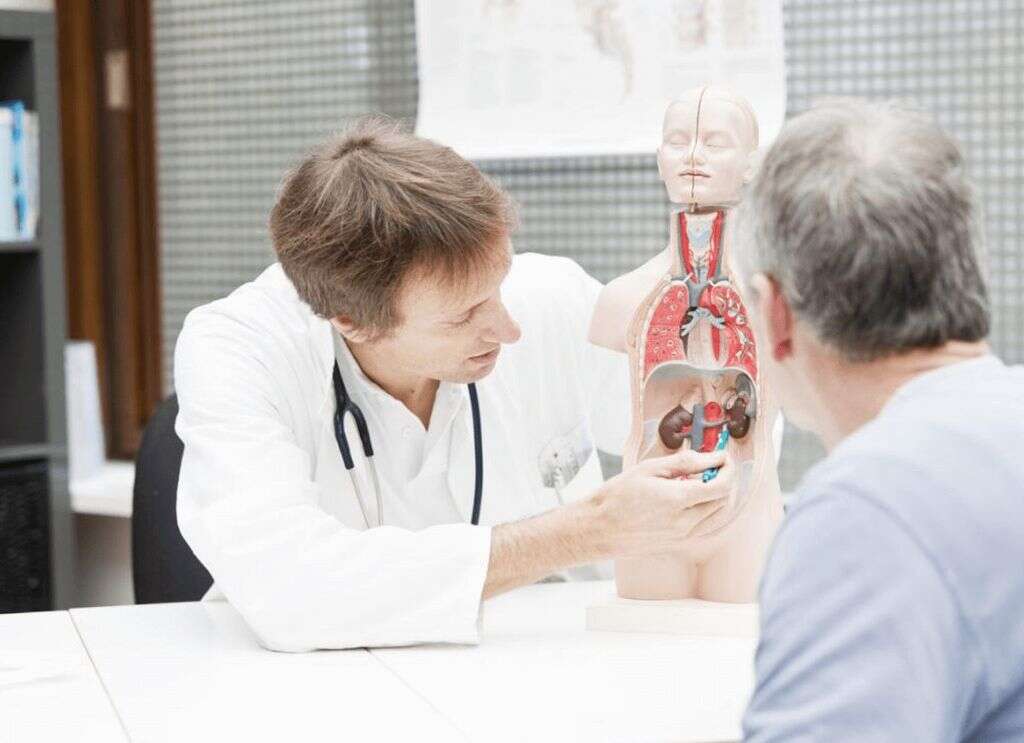
5. How Is Behavioral Therapy Helpful?
Cognitive-behavioral therapy is beneficial to the treatment of paruresis because it is, at its core, a psychological condition. However, that doesn’t mean that medications aren’t used as well. The most effective treatment of shy bladder syndrome is a combination of mental and medical health therapies.
In terms of behavioral therapy, a patient will ideally sit down with a therapist and together discover the underlying psychological trauma. Also, some portion of treatment might involve exposure therapy. However, if exposure treatment is used, it will be a graduated process, and only performed with the patient’s consent.
For psychological conditions, including anxiety disorder, talk therapy is often useful. In less severe cases of paruresis, therapy may be all that is needed, but if not, there are medications and treatments that can help.
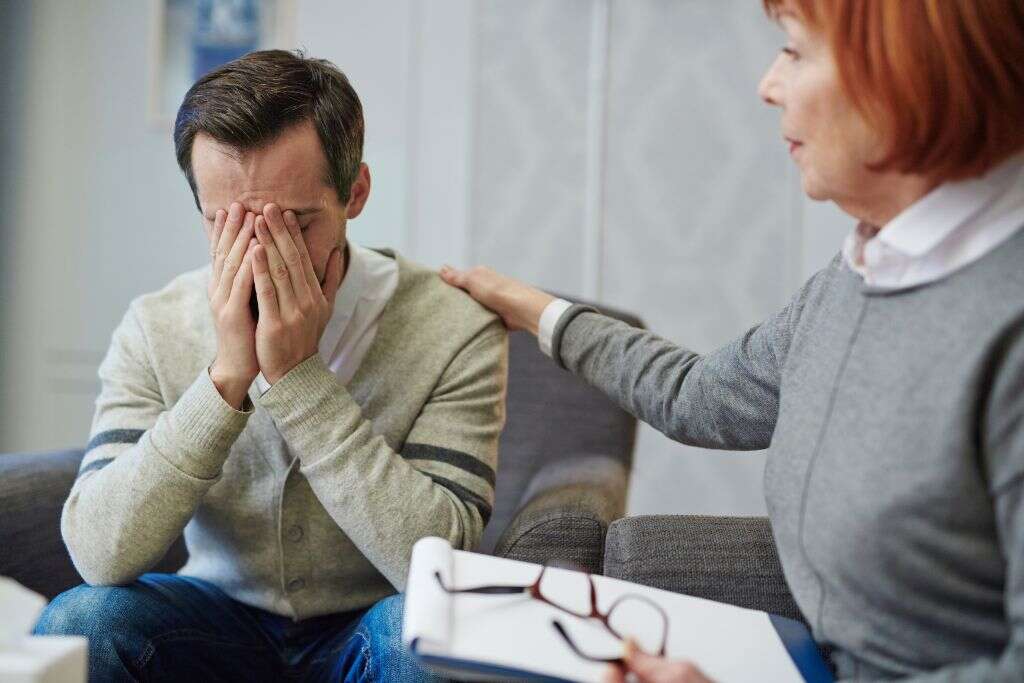
6. What Medications Are Typically Prescribed?
As a psychological condition, doctors tend to be slightly reserved when prescribing medications because they aren’t always effective. The medicines prescribed are likely used to treat the underlying anxiety disorder or the bladder. Four categories of drugs are typically used in the treatment of paruresis: antidepressants, benzodiazepines, alpha-adrenergic blockers and bethanechol.
Antidepressants are used to help improve mood and reduce uneasy feelings, and typically include drugs such as Prozac, Paxil and Zoloft. Benzodiazepines are short-term medications to reduce anxiety. They aren’t often prescribed long term because they can be addictive. This category is represented by drugs such as Xanax and Valium. Alpha-adrenergic blockers are designed to help the muscles of the bladder relax. A common drug in this category is Flomax. Lastly, bethanechol is more of a singular medicine, and it is used to reduce urinary retention.

7. Are There Any Techniques or Treatments To Help With Shy Bladder Syndrome?
There are techniques and treatments you can use to get relief. One treatment is a self-catheterization, which can be used to experience immediate relief, but you will need to learn this technique from a doctor. Also, not everyone will be comfortable performing self-catheterization. For those who would prefer a less invasive technique, you can try breath-holding.
The thinking behind the success of breath-holding is that an increase in carbon dioxide in the bloodstream helps to reduce anxiety. This reduction in anxious feelings can lead to greater relaxation and easier urination. However, this technique does not work for everyone. Although, if you would like to try, then start slowly, holding your breath for 10 to 15 seconds, gradually increasing the duration.

8. Is There Any Controversy Surrounding the Condition?
Shy bladder syndrome has been involved in some recent controversy with sufferers losing their jobs. Some workers are required to perform an annual drug test, which demands a urine sample. Well, people suffering from paruresis are not comfortable urinating in public, let alone in front of another individual who is watching. Unfortunately, there have been little changes to testing protocols, which can result in unfair job loss.
If you work for an employer who requires annual drug screenings, then it is in your best interest to explain your condition and ask about other testing options. Some employers may allow for hair tests or blood tests; others may forego the test if you are a good worker with no history of drug use. Unfortunately, you won’t know your options unless you ask.
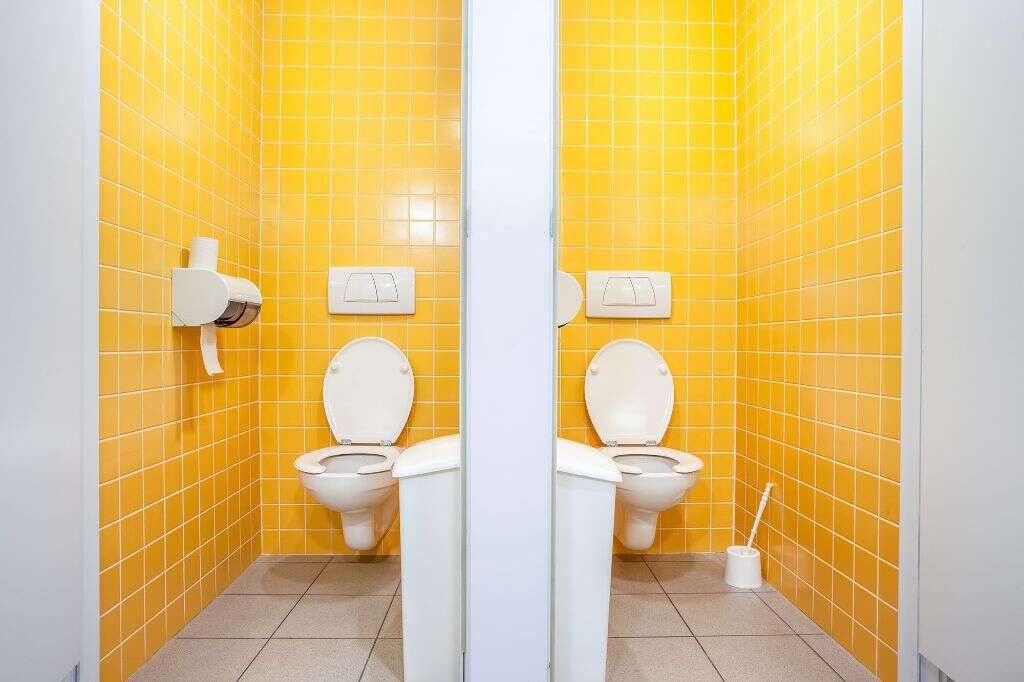
9. Are There Any Complications Related to Paruresis?
There are several potential complications related to shy bladder syndrome, and they are both physical and social. First, if you hold off going to the bathroom for too long, then you risk urinary tract infections. Also, if you are someone who limits their liquid intake, you risk dehydration and kidney damage.
As for social complications, the effects of paruresis are numerous. First, most patients limit social exposure, which means they stay home. Next, friendships and intimate relationships can suffer. Finally, you may also suffer professionally.
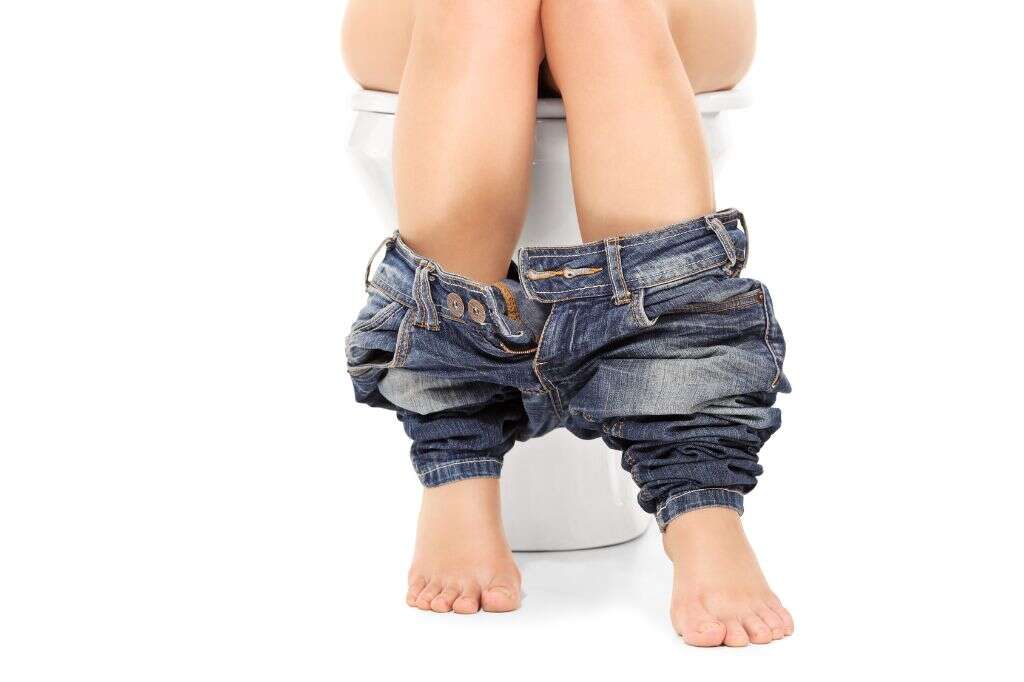
10. Is There a Cure?
It is hard to say definitively that paruresis is curable. There are some patients who have great success with therapy and are able to resolve the underlying trauma that caused the condition to manifest. However, there are others who will require ongoing therapy and medical intervention to experience a reduction in symptoms. Therefore, it is best to describe shy bladder syndrome as a highly treatable and manageable condition. With the necessary intervention and commitment to treatment, patients can live a long, healthy life.
Paruresis is a social phobia disorder that affects a person’s ability to use the restroom in public. It can also make it difficult to urinate even when a person is at home. The best treatment for shy bladder syndrome is cognitive-behavioral therapy, and when necessary, medications can be used to help treat underlying anxiety and bladder problems. Seek a medical assessment if you believe you are suffering from this condition.





